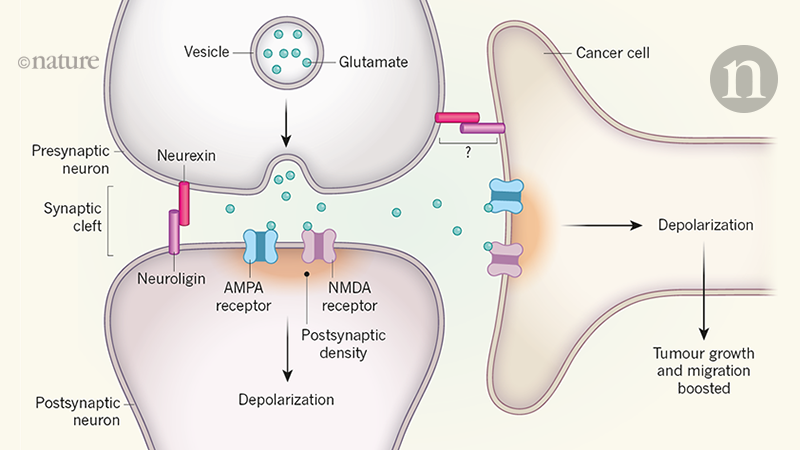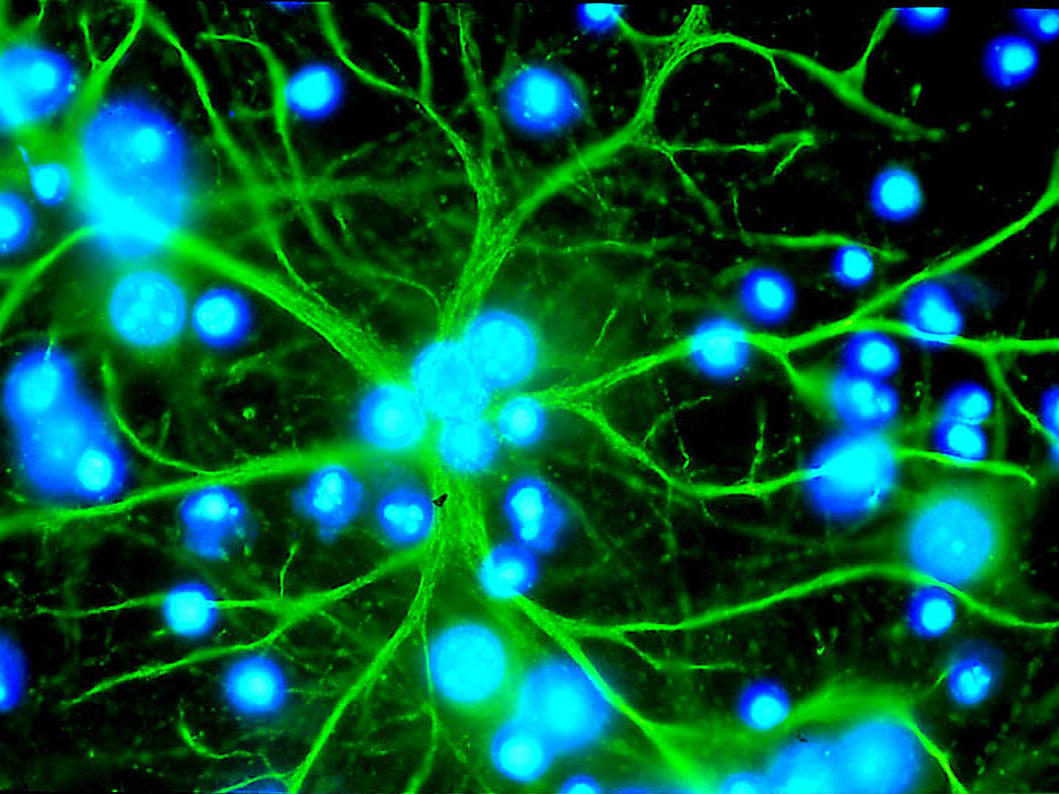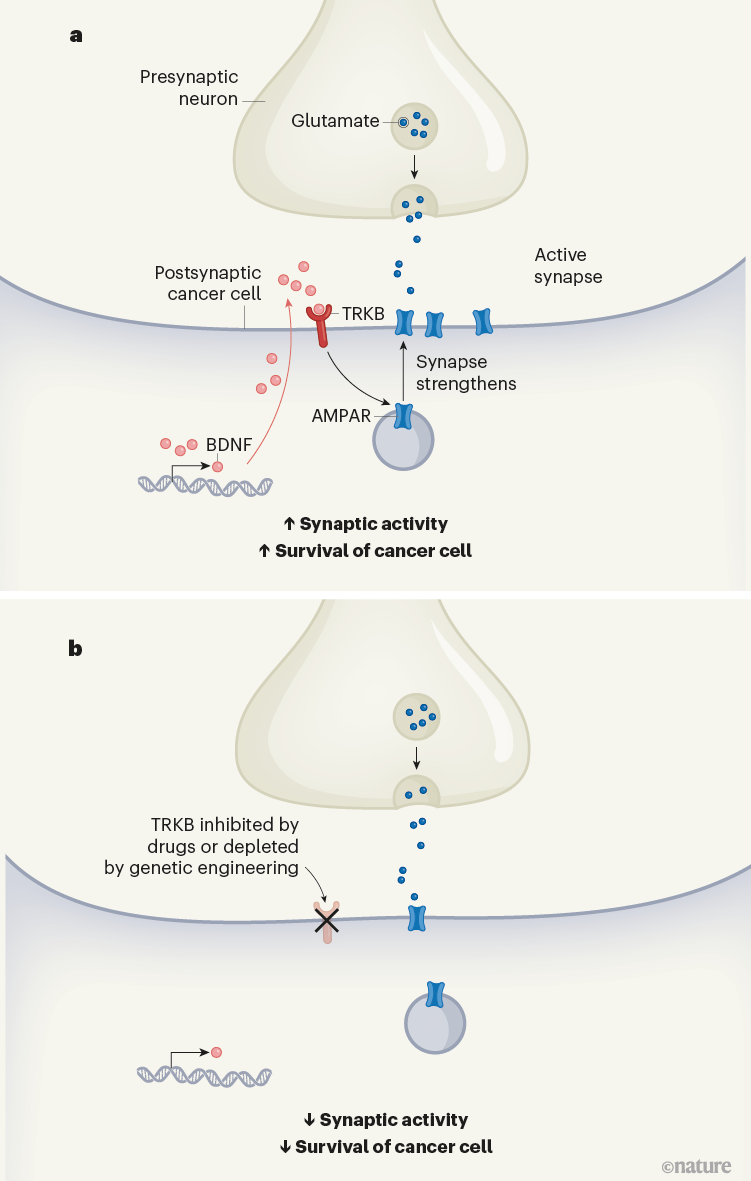Lung Cancer Cells Form Brain Synapses That Fuel Tumor Growth: A New Understanding of Metastasis
Lung cancer, a leading cause of cancer-related deaths worldwide, often metastasizes to the brain, significantly impacting patient prognosis. Recent groundbreaking research reveals a startling mechanism behind this deadly spread: lung cancer cells are forming functional synapses with brain cells, essentially hijacking the brain’s communication network to accelerate tumor growth. This discovery opens up exciting new avenues for therapeutic intervention and offers a deeper understanding of this devastating disease.
The Shocking Discovery: Synaptic Connections in Cancer
For years, scientists have understood that cancer cells can spread to distant organs through the bloodstream or lymphatic system. However, the precise mechanisms driving metastasis, particularly to the brain, have remained elusive. This new research, published in [insert publication details here], demonstrates that lung cancer cells don’t simply invade the brain passively; they actively establish functional connections with brain cells, creating synapses – the communication junctions between neurons.
These newly formed synapses aren’t mere coincidences. They are active and functional, facilitating the exchange of information between the cancer cells and brain cells. This communication network appears to actively promote tumor growth and survival, making the cancer more aggressive and resistant to treatment.
How Lung Cancer Cells Hijack the Brain’s Communication System
The process involves several key steps:
- Migration: Lung cancer cells travel to the brain via the bloodstream.
- Synapse Formation: Upon reaching the brain, these cells actively seek out and connect with neurons, forming functional synapses.
- Signal Exchange: These synapses allow the cancer cells to receive signals from the brain, potentially promoting their survival and proliferation. Conversely, the cancer cells can also send signals to the brain, potentially impacting its function.
- Tumor Growth Acceleration: This two-way communication significantly boosts the growth and survival of the cancer cells within the brain.
Implications for Treatment and Future Research
This discovery has profound implications for the development of new cancer therapies. Targeting these newly discovered synapses could offer a novel approach to preventing or slowing brain metastasis. Potential avenues of research include:
- Developing drugs that disrupt synapse formation: This could prevent the cancer cells from establishing connections with brain cells.
- Targeting the signaling pathways involved in synapse communication: Interfering with the signals exchanged between cancer cells and brain cells could inhibit tumor growth.
- Developing personalized therapies based on the specific synaptic interactions: This approach could tailor treatment to the individual patient’s tumor characteristics.
This research emphasizes the complex interplay between cancer cells and the surrounding microenvironment. The brain, far from being a passive recipient of metastatic cells, actively participates in the progression of lung cancer.
Conclusion
The finding that lung cancer cells form functional synapses with brain cells represents a significant paradigm shift in our understanding of brain metastasis. This revolutionary discovery opens doors for innovative therapeutic strategies, paving the way for more effective treatments and improved patient outcomes. Further research is crucial to fully elucidate the mechanisms involved and translate these findings into clinical applications.
Frequently Asked Questions (FAQs)
Q: How common is brain metastasis in lung cancer? A: Brain metastasis is a relatively common occurrence in lung cancer, significantly impacting patient prognosis. The exact prevalence varies depending on the type and stage of lung cancer.
Q: What are the symptoms of brain metastasis from lung cancer? A: Symptoms can vary widely but may include headaches, seizures, neurological deficits, cognitive impairment, and changes in personality or behavior.
Q: Are there current treatments for brain metastasis from lung cancer? A: Yes, treatment options include surgery, radiation therapy, chemotherapy, and targeted therapies. The choice of treatment depends on several factors, including the patient’s overall health, the location and size of the metastases, and the type of lung cancer.
Q: Is this research applicable to other types of cancer? A: While this research focuses on lung cancer, the principle of cancer cells forming functional synapses with other tissues might apply to other types of cancer as well. Further research is needed to explore this possibility.
Q: Where can I find more information on lung cancer and brain metastasis? A: Reputable sources of information include the American Cancer Society (ACS), the National Cancer Institute (NCI), and your oncologist.




